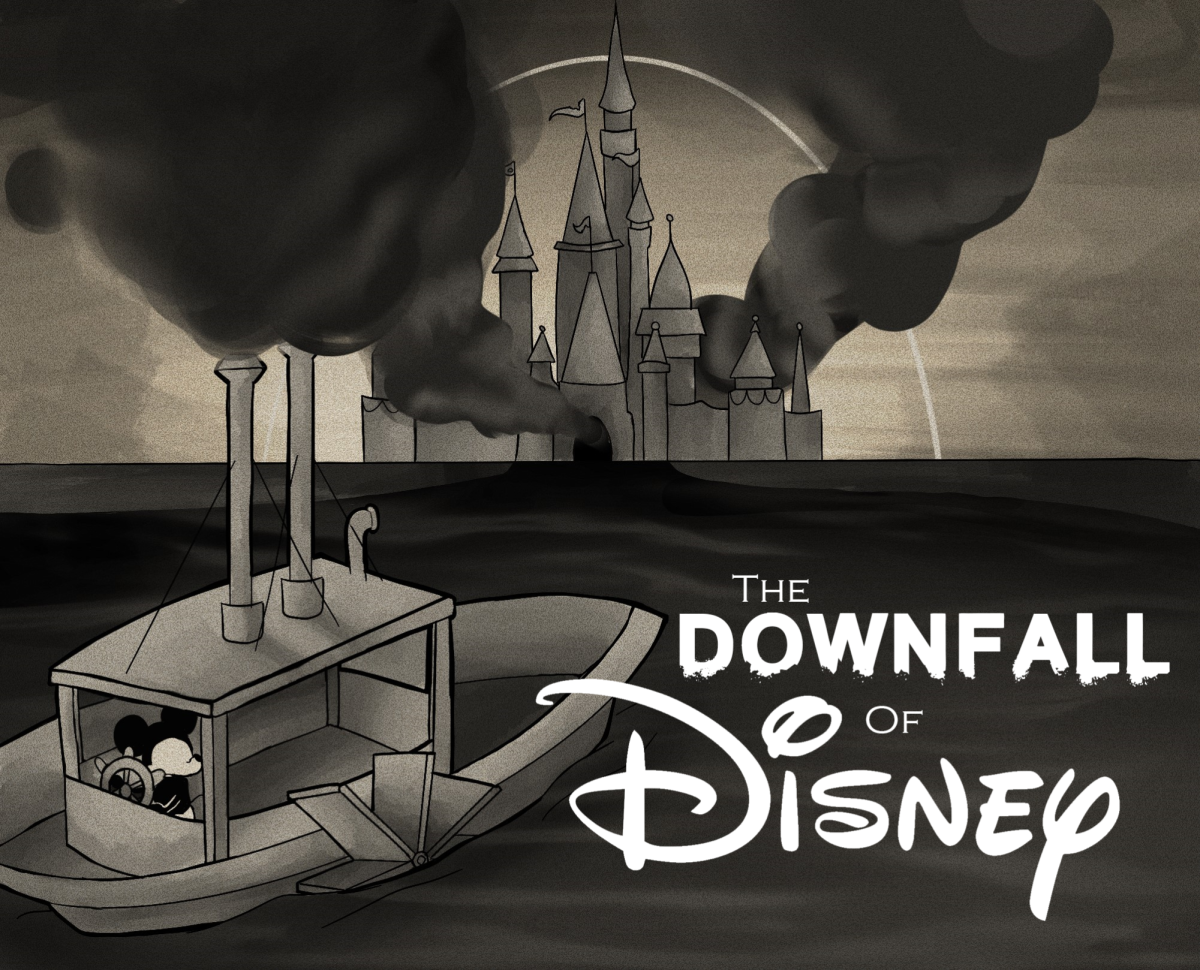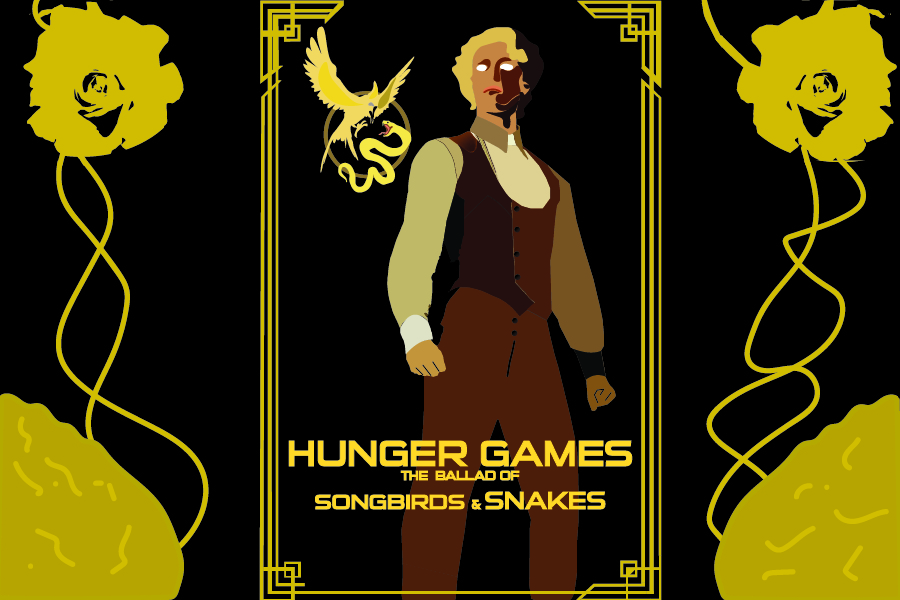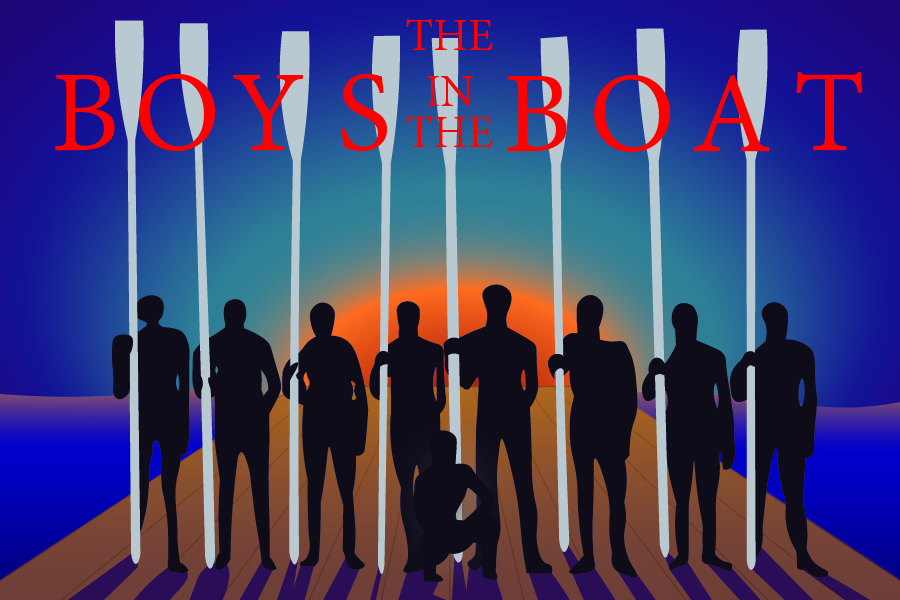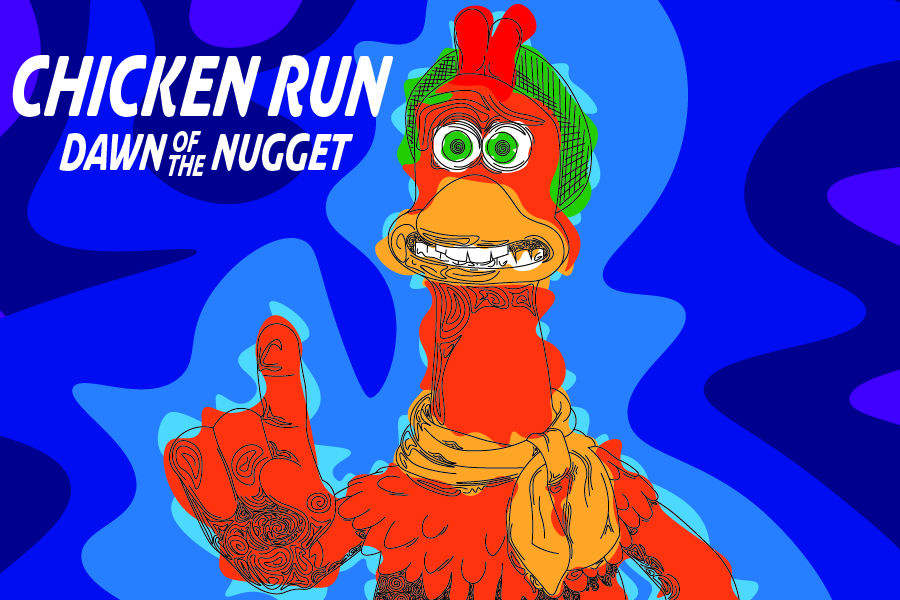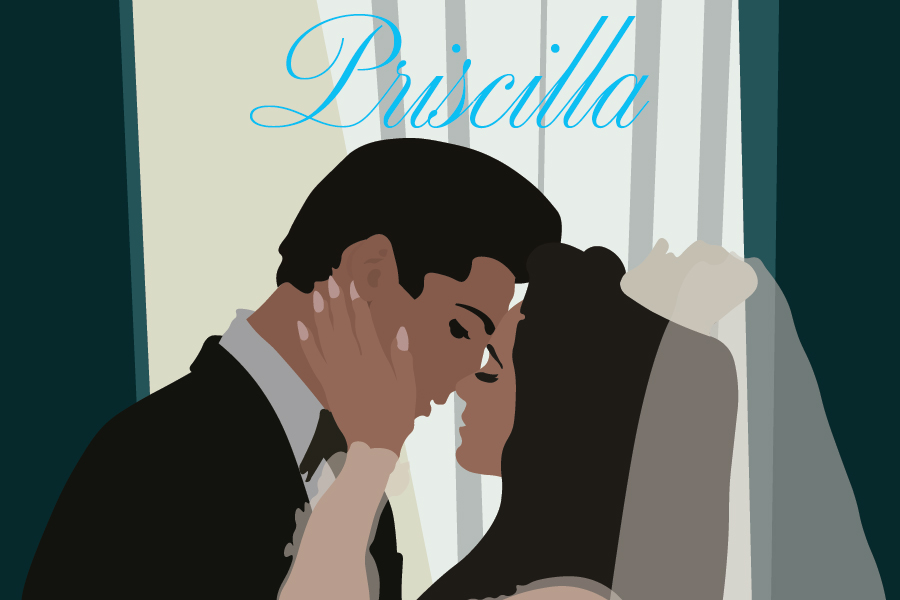By Emma Berkel
For over half a century, Mark Twain’s The Adventures of Huckleberry Finn has been listed as required reading and has since remained a staple for summer reading lists as well as advanced English courses. Huckleberry Finn chronicles the developing friendship between Huckleberry Finn, a white country boy, and Jim, a black slave seeking northern freedom. Despite being published in 1885, it is still widely read the world over, and the book is cited as a great American novel, a perfect and reflective snapshot of an era. Because of this, an upcoming censured edition of the novel has shaken the literary world straight down to its roots.
Ever since Huckleberry Finn’s introduction to the American masses, it has been called inappropriate and remains today on the American Literary Association’s list of most challenged books. While initially the outrage was due to Twain’s use of such foul words as “itch”, “scratch”, and “sweat” the controversy now gets most heated in regards to the ever shushed “N” word, which appears in Huckleberry Finn over two hundred times.
NewSouth publishers have produced a version of the book that switches the “N” word out in favor of the term “slave”, and the word “injun” has been removed as well. The intention is to make the book more accessible to those uncomfortable with reading the original; and therefore, reintroduce it to schools that have previously cut it from their curriculum. As recently as March, 2003, high schooler Calista Phair and her grandmother Beatrice Clark, both of African descent, led a campaign to have Huckleberry Finn banned from their Washington school district. The new edition should eliminate the need for so much outrage because it offers another, more “politically correct” option.
But is that really a good thing?
Huckleberry Finn is a classic because of its accurate portrayal of a southern antebellum society, one which included the “N” word and was clearly not “politically correct”. It provided and still provides a glimpse into a world long since superseded, and to alter its text does little more than lessen its historical value. In addition, the book’s literary value would become diminished because it’s with Huckleberry Finn that Twain masters the use of dialect. The foregone words are just as key to the setting’s natural dialect as they are to history, albeit they may be a dark stain on the latter.
The “sweat”ing and “scratch”ing that had initially blacklisted the book were at the time a part of humanity that few thought acceptable. It was believed that such things should be glossed over for the sake of “decency”. A parallel can be drawn between that past and the present, and it should be noted that were it not for Twain’s barefaced portrayals of man, his book would never have achieved its critically acclaimed status.
The “N” word conjures an entire history that can make anyone uncomfortable, but it’s this precise connotation that forces the reader to acknowledge all the more Huck’s revelation in the fortieth chapter: “I knowed [Jim] was white inside.”
It is despite the word’s prevalent use and a society saturated by its ideology that Huck comes to the conclusion that Jim and by extension other black Americans are no different from him and other whites. We’re all people, and that such a moral was written at a time when slavery was still only recently abolished, when racial tensions remained high, was groundbreaking. It elevated Huckleberry Finn, and today that moral is only highlighted by the “N” word’s use. That history needs to be conjured in the reader’s mind so that the book can leave an impact, and not a soft one, but a hard one most similar to the one it made over a hundred years ago. The word “slave”, so general, is a poor replacement for what is so specific and key to the nature of the America’s bygone south.
To switch out the “N” word is to cover up a history from which we can all learn. To switch it out is to lie to readers for “Slave Jim” is not how the world once was; it was not what Twain wrote, and it was not what made Twain great.
As Mark Twain himself said, “The difference between the right word and the almost right word is the difference between lightening and a lightening bug.”
[Author’s Note: Huckleberry Finn’s censored edition is grouped together with The Adventures of Tom Sawyer to form a single volume and is scheduled for release in February.]








